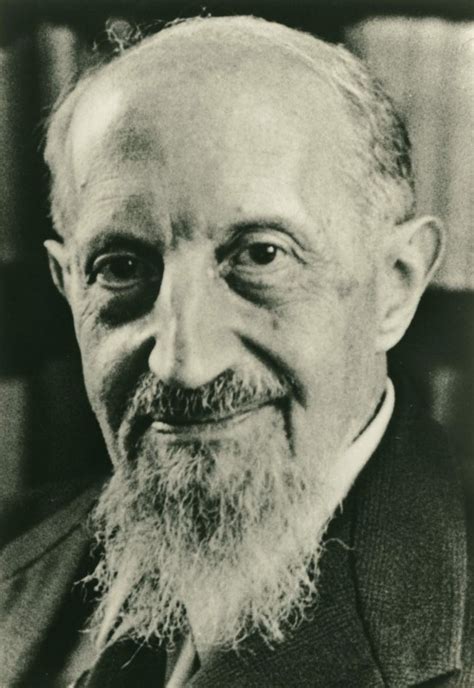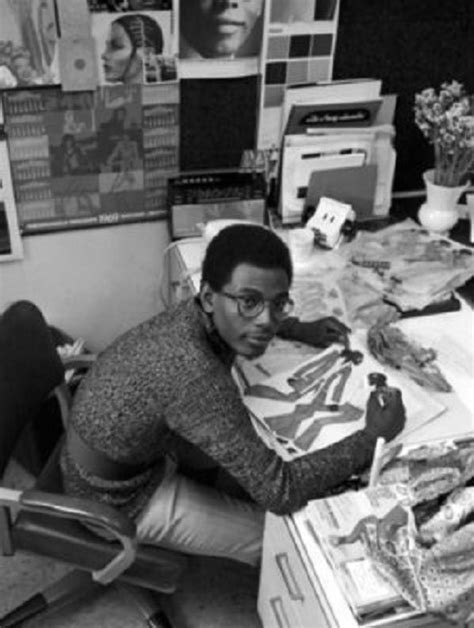A Quote by Orison Swett Marden
There is no stimulus like that which comes from the consciousness of knowing that others believe in us.
Quote Topics
Related Quotes
I believe consciousness is non-local and a big part of what we experience with near death and past lives. It's the consciousness that has come into us from other experiences and our consciousness that we remain aware of when we leave our bodies and they communicate with us through dreams, and even through drawings which I do a lot of work with myself.
The Spirit which is within you is a collective being and once you are awakened into the light of Spirit, you become a collective being. That means, on your finger tips you can feel the centers of others also as you can feel yourself. By knowing yourself you know the self knowledge, the inner self knowledge and by knowing others you are in collective consciousness.
We are dominated by everything with which our self is identified. We can dominate and control everything from which we disidentify ourselves. The normal mistake we all make is to identify ourselves with some content of consciousness rather than with consciousness itself. Some people get their identity from their feelings, others from their thoughts, others from their social roles. But this identification with a part of the personality destroys the freedom which comes from the experience of the pure “I”.
Each of us is free to move our consciousness through that infinite pattern of possibilities as we please. If we're filled with fears, or if we trust the fears of others, we'll choose a path in which our city falls into the sea, or a path in which a third world war vaporizes us, or whatever other disaster is most thrilling or horrifying or fascinating for us.
Your mind, in order to defend itself starts to give life to inanimate objects. When that happens it solves the problem of stimulus and response because literally if you're by yourself you lose the element of stimulus and response. Somebody asks a question, you give a response. So, when you lose the stimulus and response, what I connected to is that you actually create all the stimulus and response.
Each part of the mind sees only a little of what happens in some others, and that little is swiftly refined, reformulated and "represented." We like to believe that these fragments have meanings in themselves - apart from the great webs of structure from which they emerge - and indeed this illusion is valuable to us qua thinkers - but not to us as psychologists - because it leads us to think that expressible knowledge is the first thing to study.





































